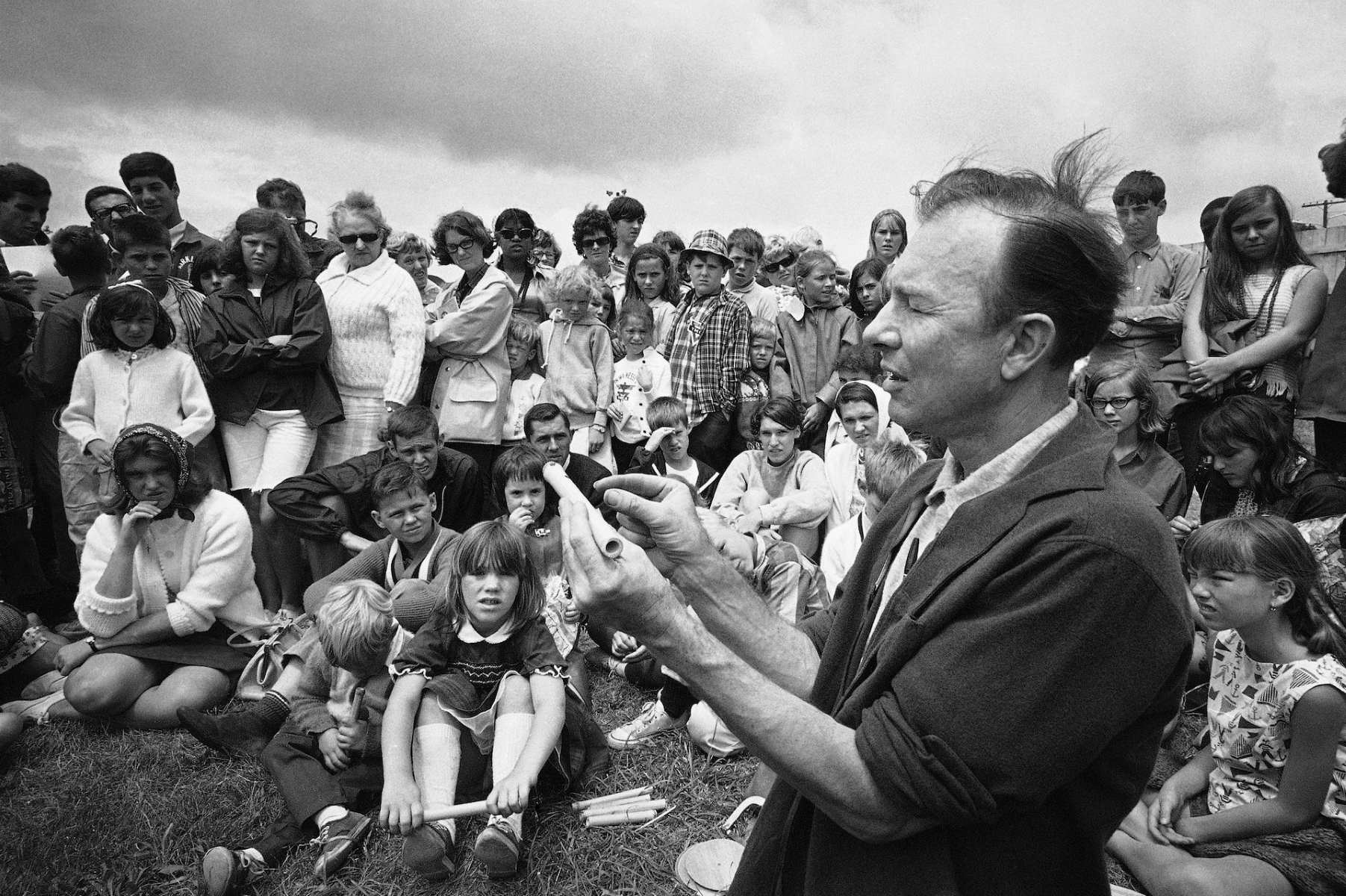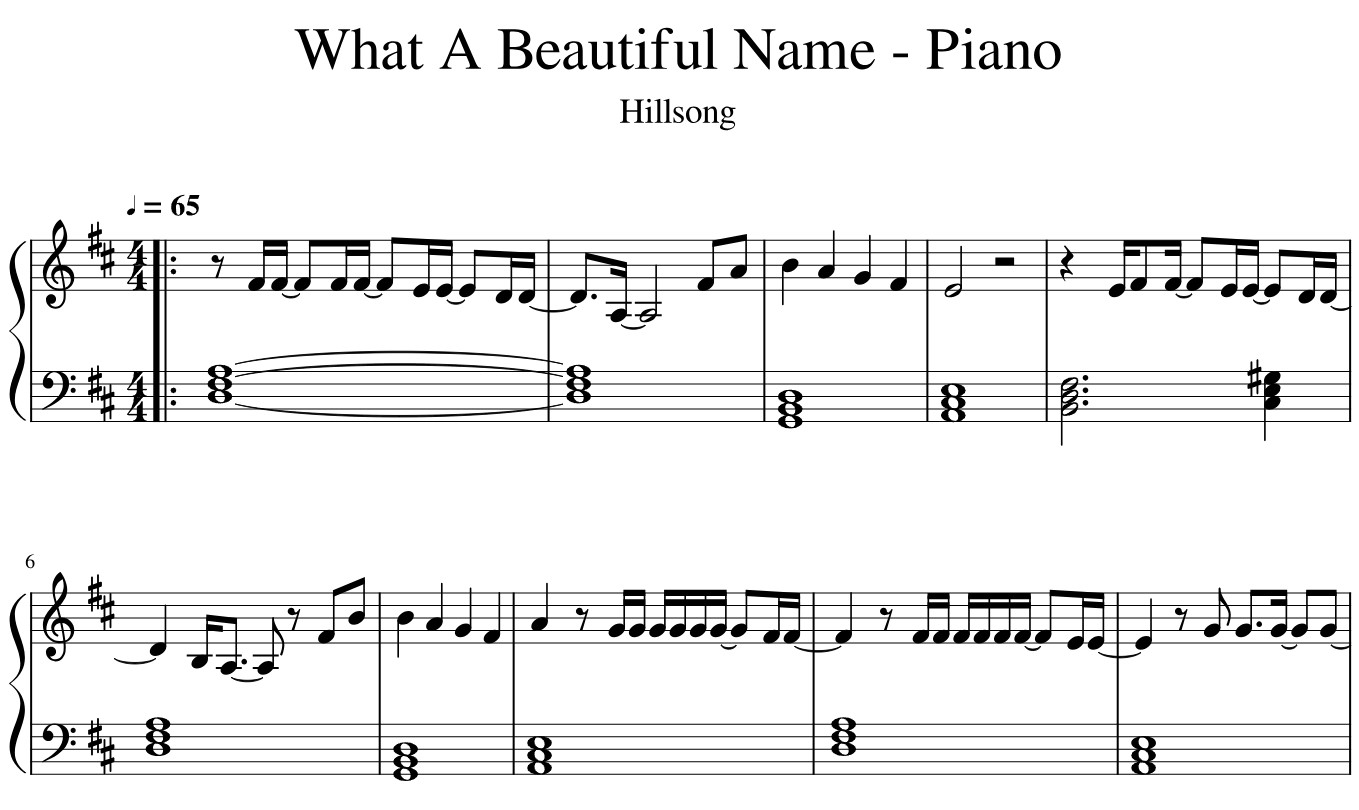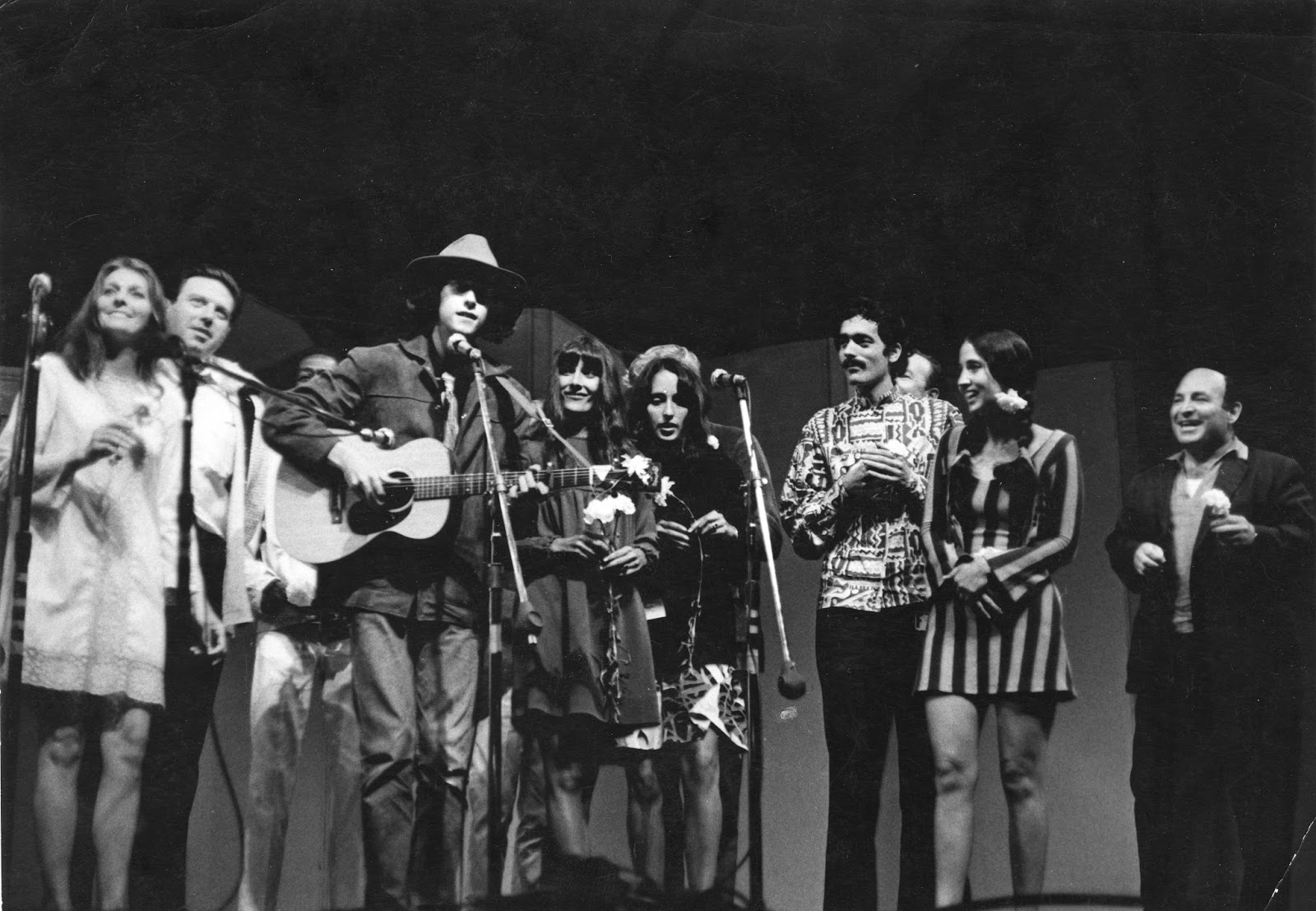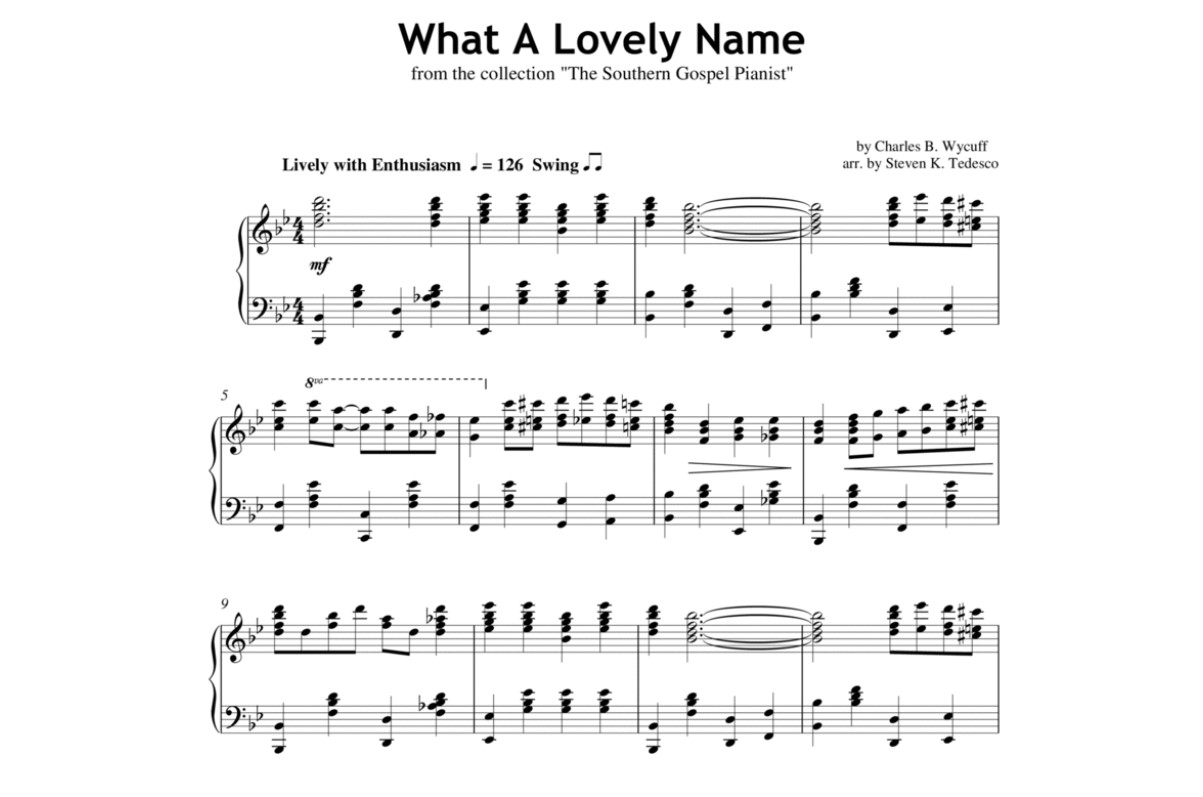Home>Production & Technology>Musician>What Is The Name For A Musician In A War
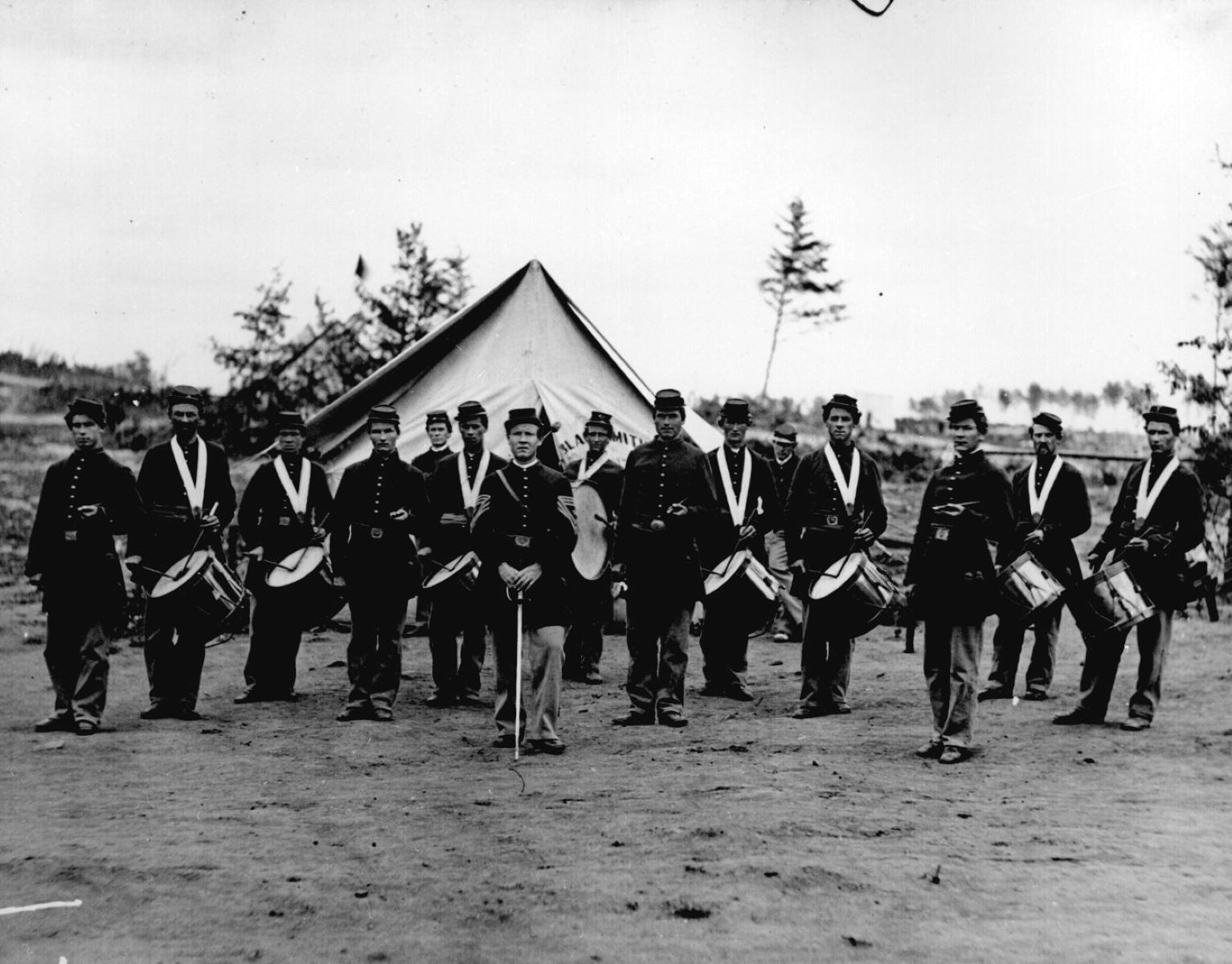

Musician
What Is The Name For A Musician In A War
Published: January 29, 2024
Discover the unique role of a musician in wartime. From boosting morale to preserving history, dive into the fascinating world of wartime musicians.
(Many of the links in this article redirect to a specific reviewed product. Your purchase of these products through affiliate links helps to generate commission for AudioLover.com, at no extra cost. Learn more)
Table of Contents
Introduction
Music has always played a significant role in various aspects of human life, including times of war. Musicians have long been enlisted to boost morale, entertain troops, and communicate messages on the battlefield. However, have you ever wondered what musicians in war are called? In this article, we will explore the historical background of musicians in war and delve into the various names used to refer to these talented individuals.
Throughout history, musicians have been an integral part of military campaigns. Their melodies have lifted spirits, provided solace in times of distress, and invoked a sense of camaraderie among soldiers. In addition to their musical abilities, they often served other important roles, such as buglers, drummers, and trumpeters, who conveyed crucial signals and commands in the chaos of war.
The naming conventions for musicians in war have evolved over the years, reflecting the changing roles and perceptions of these individuals. In the past, they were known by various titles such as “field musicians,” “war minstrels,” or even simply “musical soldiers.” However, as military structures became more formalized, a standardized term emerged to encompass these talented individuals who brought music to the battlefield.
Historical Background
The presence of musicians in war can be traced back to ancient civilizations. In ancient Greece, music played a crucial role in boosting the morale of soldiers and accompanied warriors into battle. The sound of drums, flutes, and trumpets reverberated across the battlefield, instilling a sense of unity and courage among troops. Similarly, in ancient Rome, musicians known as “tubicines” would march alongside legions, playing their instruments to maintain a steady rhythm and inspire soldiers.
As warfare evolved over the centuries, so did the role of musicians. In the Middle Ages, traveling minstrels often found themselves in the midst of military campaigns, providing entertainment and spreading news through their musical performances. These “war minstrels” were valued for their ability to lift spirits and strengthen the resolve of soldiers.
During the American Civil War, musicians served as an integral part of both Union and Confederate armies. Bands were formed within military units, with musicians playing instruments such as fife, bugle, and drum. These musicians not only entertained troops but also played a vital role in delivering commands and signals during battles. The sound of the drum would signify different formations, while the bugle was used to communicate various orders across the field.
In more recent times, musicians have continued to have a presence in war. During World War I and World War II, military bands were formed to boost morale and provide a sense of normalcy amid the chaos. These bands played patriotic tunes, keeping spirits high during difficult times. Musicians also played a significant role in entertaining soldiers during downtime, offering a much-needed respite from the horrors of war.
Today, musicians in war continue to serve important roles. Whether it be as part of military bands, providing entertainment and morale-boosting performances, or as individual artists embedded with troops, sharing their musical talents, these musicians play an invaluable role in the psychological well-being of soldiers.
Role of Musicians in War
The role of musicians in war extends beyond mere entertainment. They have historically served important functions on the battlefield, utilizing their musical talents to communicate, motivate, and boost morale among troops. Here are some key roles musicians have played in wartime:
- Signaling and Communication: In the chaos of battle, clear communication is vital. Musicians have played a crucial role in relaying commands and signals to troops through the use of specific musical sounds or instruments. For example, a bugler may sound different melodies to indicate various commands such as “charge” or “retreat.”
- Morale Boosting: The strains of music have a remarkable ability to uplift spirits, even in the darkest of times. Musicians in war have provided a source of inspiration and comfort to troops, boosting their morale and instilling a sense of camaraderie. The familiar melodies and rhythms helped soldiers find solace and strength in the face of adversity.
- Entertainment: War is filled with long periods of waiting, boredom, and stress. Musicians have played a vital role in providing entertainment and diversion during these times. Whether through impromptu performances or organized concerts, musicians have helped soldiers temporarily escape from the harsh realities of war, offering moments of respite.
- Healing and Therapy: Music has the power to heal and soothe, and musicians in war have harnessed this power to aid in the recovery of wounded soldiers. Playing calming and uplifting tunes for those injured or traumatized by war has been a therapeutic endeavor, promoting emotional well-being and assisting in the healing process.
- Commemoration and Remembrance: Musicians have played a crucial role in honoring fallen soldiers and commemorating significant events in war. Through poignant melodies and solemn performances, they pay tribute to those who made the ultimate sacrifice and ensure their memory lives on.
Overall, the role of musicians in war goes beyond entertainment. They serve as essential components of military operations, providing communication, morale-boosting, entertainment, healing, and commemorative services. Their contribution on the battlefield cannot be underestimated, as their music has the power to uplift, inspire, and unite soldiers in the face of adversity.
Naming Conventions for Musicians in War
Throughout history, musicians in war have been known by various names, reflecting the changing perceptions and roles assigned to them. Let’s explore some of the common naming conventions used for musicians in war:
- Field Musicians: This term was commonly used in earlier times to refer to musicians who accompanied armies into battle. They were skilled in playing instruments such as drums, fifes, and bugles, and their primary role was to provide musical signals and rhythms that aided in military maneuvers and coordination.
- War Minstrels: During the Middle Ages, traveling minstrels often found themselves amidst military campaigns. These individuals, skilled in singing and playing various instruments, entertained troops and spread news through their musical performances. They were known as “war minstrels” and played an important role in boosting morale and providing a sense of familiarity and entertainment on the battlefield.
- Musical Soldiers: In some instances, musicians in war were simply referred to as “musical soldiers.” This term encompassed individuals who were trained in both music and military combat. They contributed their musical talents to the military cause while simultaneously serving as soldiers in the traditional sense. These individuals were valued for their versatility and unique contributions to the war effort.
- Military Musician: As military structures became more formalized, the term “military musician” emerged to describe musicians serving within official military bands or units. Military musicians underwent specialized training and were often enlisted soldiers who had demonstrated musical talent. They played a significant role in boosting morale, providing entertainment, and conveying important signals and commands on the battlefield.
It is important to note that the naming conventions for musicians in war may vary across cultures and time periods. Different regions and eras may have used alternative terms to refer to these individuals based on their specific roles and contributions.
Today, the term “military musician” is commonly used to describe musicians in war, encompassing the diverse range of roles they play, from entertainment to communication. The evolution of naming conventions for musicians in war reflects the significance of their contributions and highlights the value placed on their musical talents in military operations.
The Term “Military Musician”
The term “military musician” is commonly used to encompass the various roles and responsibilities of musicians in war today. It refers to individuals who serve within official military bands or units, utilizing their musical talents to support and enhance military operations. Let’s delve deeper into what it means to be a military musician:
A military musician is a highly skilled individual who has undergone specialized training in both music and military protocols. They possess a deep understanding of musical theory, instrumentation, and performance techniques, and they are adept at playing a variety of instruments. Military musicians often showcase their talents through performances at military ceremonies, parades, concerts, and other events that require musical accompaniment.
The role of a military musician goes beyond mere entertainment. They serve as ambassadors of their respective military branches, playing a significant role in enhancing morale, boosting troops’ confidence, and fostering a sense of unity among soldiers. The stirring melodies and powerful performances provided by military musicians help create an atmosphere of pride, respect, and patriotism within military units and among audiences.
Additionally, military musicians play a crucial role in communication on the battlefield. Through the use of specific musical signals and commands, they assist in transmitting vital messages to troops. This can involve conveying orders, signaling the beginning or end of certain maneuvers, or even warning of imminent danger. The percussive beats of the drum, the resonating sound of the bugle, and the melodic tones of the trumpet all serve as important means of conveying information and maintaining discipline in the chaos of war.
Moreover, military musicians are often regarded as the keepers of tradition and history within the military. They play ceremonial tunes that honor fallen soldiers, commemorate important events, and pay tribute to the bravery and sacrifices of those who have served. Through their performances of these solemn melodies, military musicians help preserve the legacy and honor the memories of those who have fought for their countries.
In summary, the term “military musician” represents individuals who possess exceptional musical talent, undergo specialized training, and serve within official military bands or units. They fulfill a range of important roles, including boosting morale, providing entertainment, conveying commands, and preserving traditions. Military musicians play a vital part in both the cultural and operational aspects of military life, contributing to the success and well-being of troops during times of war.
Other Names for Musicians in War
While the term “military musician” is commonly used today to refer to musicians in war, there have been various other names and titles used over the years. These alternative names reflect the diverse roles and perceptions of musicians in different historical contexts and cultural settings. Let’s explore some of the other names that have been used for musicians in war:
- Bandsmen: This term refers specifically to musicians who are members of military bands. Bandsmen are skilled instrumentalists who perform as a cohesive unit, often providing musical accompaniment for military ceremonies, parades, and events. They play a wide range of instruments, including woodwinds, brass, and percussion.
- Buglers: Buglers are musicians who specialize in playing the bugle, a brass instrument with a distinctive melodic sound. Buglers were historically responsible for sounding signals and commands on the battlefield, using a series of unique bugle calls to convey specific messages to troops. This role was particularly prevalent in the 19th and early 20th centuries.
- Drummers: Drummers have been a staple of military forces for centuries. They play a vital role in providing cadence and rhythm during marches and drills, helping to maintain the synchronization and discipline of soldiers. The sound of drums also served as a form of communication, with specific drumbeats conveying different commands and signals.
- Trumpeters: Trumpeters, as the name suggests, specialize in playing the trumpet or other brass instruments with similar capabilities. In addition to adding musical embellishments to military ceremonies and events, trumpeters historically served as communication specialists on the battlefield. They played unique calls and melodies to convey commands and signals across the ranks.
- War Minstrels: In medieval times, traveling minstrels often found themselves in the midst of military campaigns. These individuals were skilled in the art of singing, playing various instruments, and entertaining troops. In addition to providing musical respite amid the chaos of war, war minstrels spread news, recited poetry, and played their melodies to boost morale and provide a sense of familiarity.
These alternative names for musicians in war highlight the diverse roles and contributions these individuals have made throughout history. Whether they were called bandsmen, buglers, drummers, or war minstrels, their musical talents and presence served to uplift spirits, convey messages, and provide entertainment during times of conflict.
Conclusion
Musicians in war have played a significant role throughout history, providing crucial support, entertainment, and communication on the battlefield. They have been known by various names, reflecting the changing roles and perceptions of these talented individuals. From field musicians and war minstrels to military musicians and bandsmen, each name carries with it the rich history and importance of these musicians in times of conflict.
The historical background of musicians in war reveals their enduring presence and the evolution of their roles. They have served as a source of inspiration, hope, and unity for soldiers across different civilizations and time periods. From ancient Greece and Rome to the American Civil War and modern-day conflicts, musicians have used their talents to boost morale, communicate commands, and provide solace in the midst of chaos.
The term “military musician” has emerged as the standard reference for these talented individuals in present times. It encompasses their training, skills, and contributions within official military bands and units. Military musicians fulfill a range of important roles, from boosting morale and providing entertainment to conveying commands and preserving traditions. They play a crucial part in the cultural fabric and operational success of armed forces around the world.
However, other names such as buglers, drummers, trumpeters, and war minstrels remind us of the diverse roles and unique contributions of musicians in war. These alternative names serve as a testament to the versatility and impact of these individuals, who have played an integral part in the lives of soldiers and the history of warfare.
In conclusion, musicians in war have held a sacred position throughout the ages. Their music, whether filling the air with melodies of courage or providing solace in times of despair, has had a profound impact on soldiers’ morale and well-being. The different names used to refer to these musicians underscore their vital role in boosting spirits, communicating essential messages, and maintaining the cultural and emotional fabric of military life.





